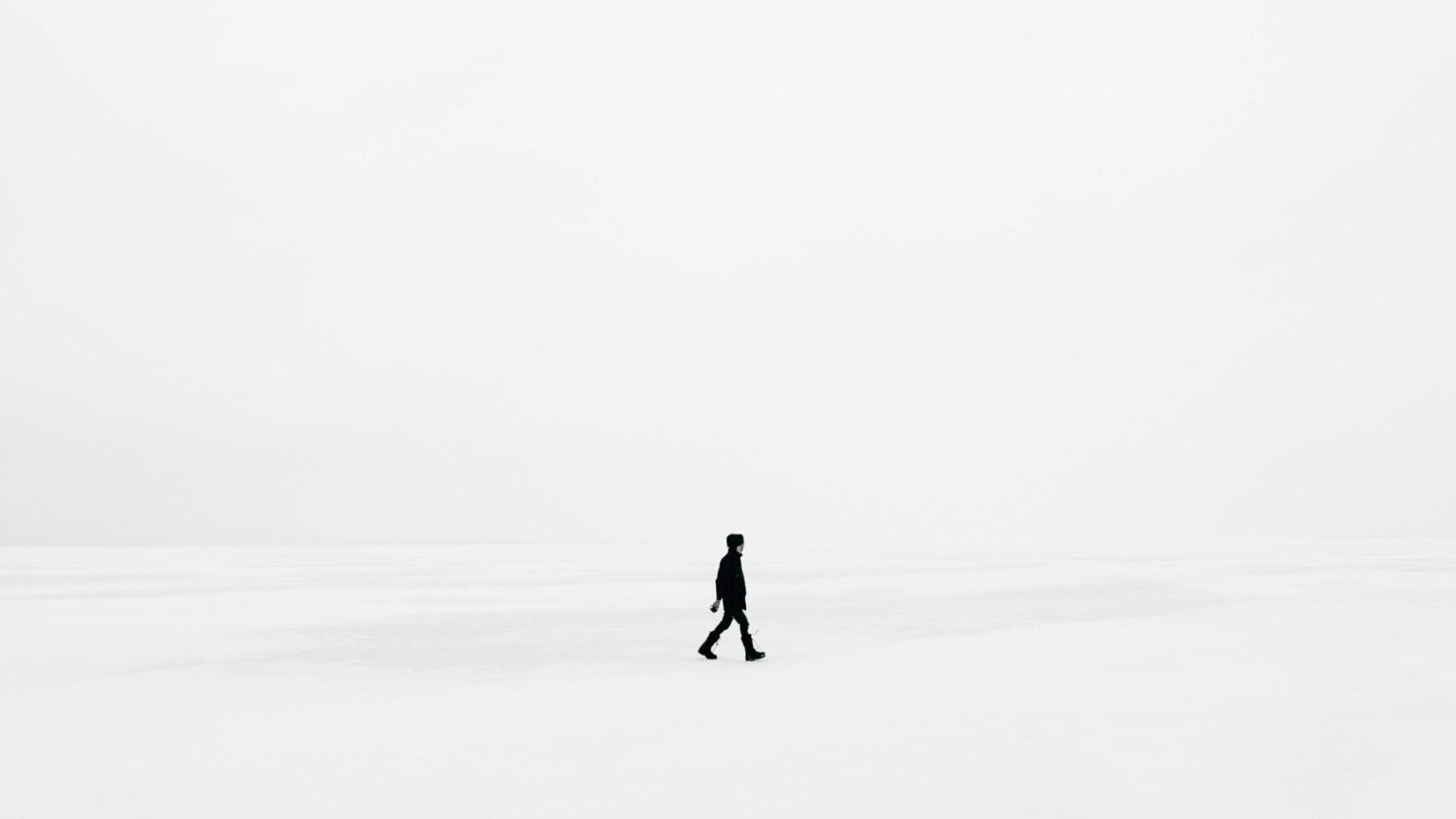I think that probably 90% of you think the title is meaningless.
I hope that by the time you finish reading this text, you will understand the meaning of the title.
Now, minimal is the opposite of maximal. Since this is what “minimal is maximal,” one might say that I am a Japanese beginner who is not using the Japanese language well enough for this. However, what I am trying to convey here is not such a superficial story.
What is a Minimalist?
Have you ever heard the word “minimalist”? Apparently, the term became popular in Japan around 2011. I seem to remember reading in an article that the Great East Japan Earthquake made people feel that they could not be happy if they were attached to too many things.
The celebrities who are practicing this “minimalist” philosophy are probably well known to everyone, such as Steve Jobs, founder of Apple, and Mark Zuckerberg, founder of Facebook.
If you have seen them, remember: “Oh, by the way, they always wear the same clothes. If you have seen them, you may have noticed that they always wear the same clothes. They wear only the same clothes (of course, they may change a little depending on the season, but basically, they wear the same clothes).
The reason why these people keep wearing the same clothes is to reduce the number of times they have to make a choice in a day.
Some may think this is quite extreme. Of course, they are managers and have to make more difficult decisions and choices in a day than the average person. However, we, the general public, also make quite a lot of choices.
First, when we get up in the morning, we decide which clothes to wear and what to eat. Then, when we leave the house, we decide which shoes to wear and which road to take to work.
This is just one “trivial choice” in a single morning. There are many theories, but they make about 9,000 choices.
Advantages of becoming a minimalist
Getting back to the word “minimal”, I feel that the benefits of living with the least amount of stuff are as follows (my feeling as I am trying to become a minimalist)
Fewer choices.
Fewer things to own means, of course, fewer opportunities for purchasing, so there is less time and number of times to worry about buying something. Since there are fewer possessions, there is no need to choose which possessions to use. These accumulations can maximize my time.
You can save money.
Because you buy fewer things, you simply spend less. Also, by owning fewer things, you will spend more money on each item and purchase better items. As a result, good things last longer, leading to even more savings. You can maximize your investment in what you own.
You can focus on what is important to you.
As you cut down on things, your thinking becomes simpler and you can see what your center (what you really feel is important) is. Then, multiplied by the above two benefits of “maximizing time and money,” you can invest everything in what is important to you. By doing so, you can efficiently accomplish what you want to accomplish and feel a sense of satisfaction with your life.
Living a finite life
I would like to conclude, but I hope you feel that you are beginning to see, even dimly, what “minimal is maximal” means.
Life is finite.
Because it is finite, we must reduce waste to the maximum (minimize). By doing so, we can maximize the investment of time and money in the things that are important to us.
And the results of maximizing the investment in what is important are obvious to anyone who sees it.
Life will certainly be richer.

コメント